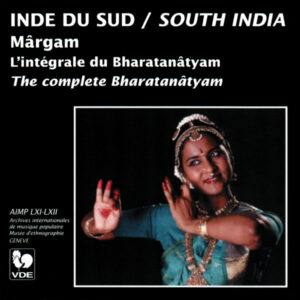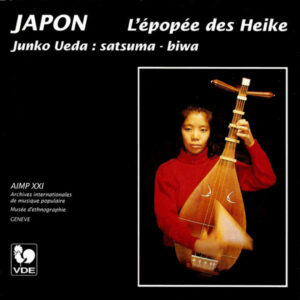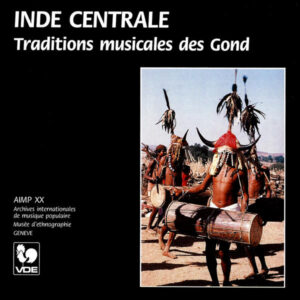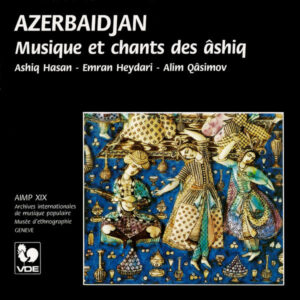Extraits / Excerpts
CHINE : TSAR TEH-YUN, MAÎTRE DU QIN/ CHINA : TSAR TEH-YUN, THE ART OF THE QIN
CHINE : TSAR TEH-YUN, MAÎTRE DU QIN/ CHINA : TSAR TEH-YUN, THE ART OF THE QIN
CD1: 陽春 (Sunny Spring) [Le printemps] – 精忠詞 (Song of Steadfast Loyalty) [Le chant de loyauté] – 瀟湘水雲 (Waters and Mists of the Rivers Xiao and Xiang) [Nuages sur l’eau des rivières Xiao et Xiang] – 平沙落雁 (Wild Geese Landing on Sand) [Les oies sauvages se posent sur la grève] – 水仙操 (Water Immortal) [L’immortel des eaux] – 龍翔操 (Soaring Dragon) [Le vol de dragon] – 普安咒 (普庵咒) (Incantation of the Buddhist Priest Pu’an) [L’incantation du moine Pu’an] – 梅花三弄 (Three Variations on the Tune ‘Plum Blossom’) [Trois variations sur les fleurs de pruniers] – 梧葉舞秋風 (Parasol Leaves Dancing in the Autumnal Breeze) [Les feuilles du parasol chinois dansent dans le vent d’automne] – 平沙落雁 (Wild Geese Landing on Sand) [Les oies sauvages se posent sur la grève] – 胡笳十八拍 (Eighteen Variations on the Tune ‘Barbarian Horn’) [Le sifflet barbare en dix-huit sections] CD 2: (Illustration of finger technique) [Illustration du doigté] – 古琴吟 (The Chant of the Qin) [La mélopée du qin] – 慨古引 (Lamenting the Past) [Elégie pour les anciens] – 關山月 (Moon Over the Mountain Pass) [La lune brille sur la passe] – 湘江怨 (Lament by the River Xiang) [Tristesse sur la rivière Xiang] – 良宵引 (Tune for a Pleasant Evening) [Une agréable soirée] – 玉樓春曉 (Spring Dawn over the Jade Pavilion) [Aube printanière au pavillon de jade] – 陽関三曡 (Parting at Yangguan) [L’adieu à Yangguan] – 長門怨 (Sorrow in Changmen Palace) [Lamentation au palais de Changmen] – 憶故人 (Thinking of an Old Friend) [En pensant à un ami] – 醉漁唱晚 (Drunken Fisherman Sings in the Evening) [Le pêcheur ivre chante dans le soir] (First version) – 醉漁唱晚 (Drunken Fisherman Sings in the Evening) [Le pêcheur ivre chante dans le soir (Second version) – 漁樵 問答 (Dialogue between a Fisherman and a Woodcutter) [Dialogue du pêcheur et du bûcheron] (First version) – 漁樵 問答 (Dialogue between a Fisherman and a Woodcutter) [Dialogue du pêcheur et du bûcheron] (Second version) – 秋塞吟 (Autumn Song at the Border) [Chant d’automne à la frontière] – 平沙落雁 (Wild Geese Landing on Sand) [Les oies sauvages se posent sur la grève]
Tsar Teh-yun, Master Qin.
Collection AIMP CVIII-CVIX.
- Categories
- Interprets
- Booklet












